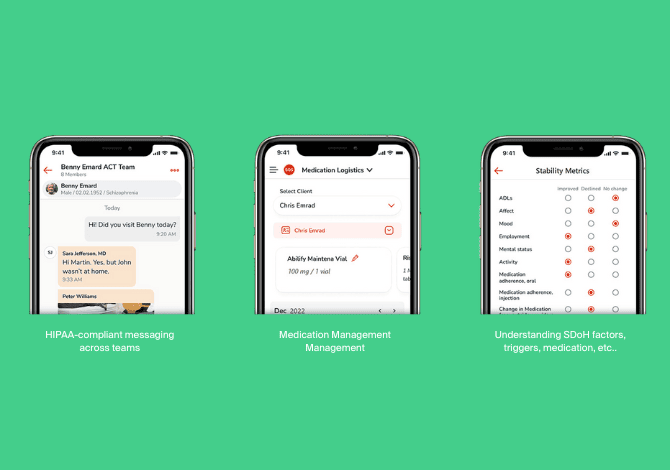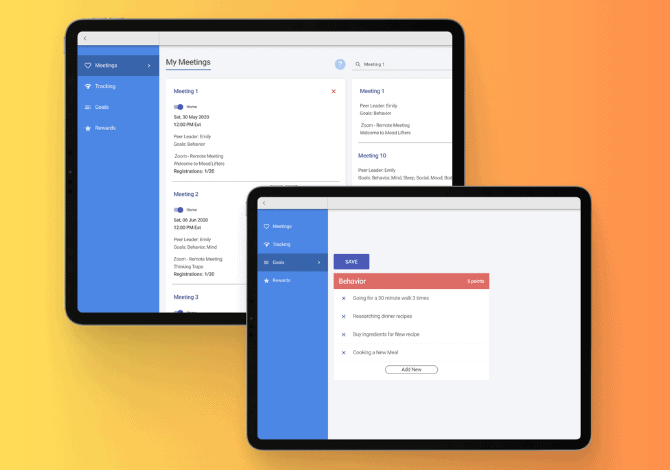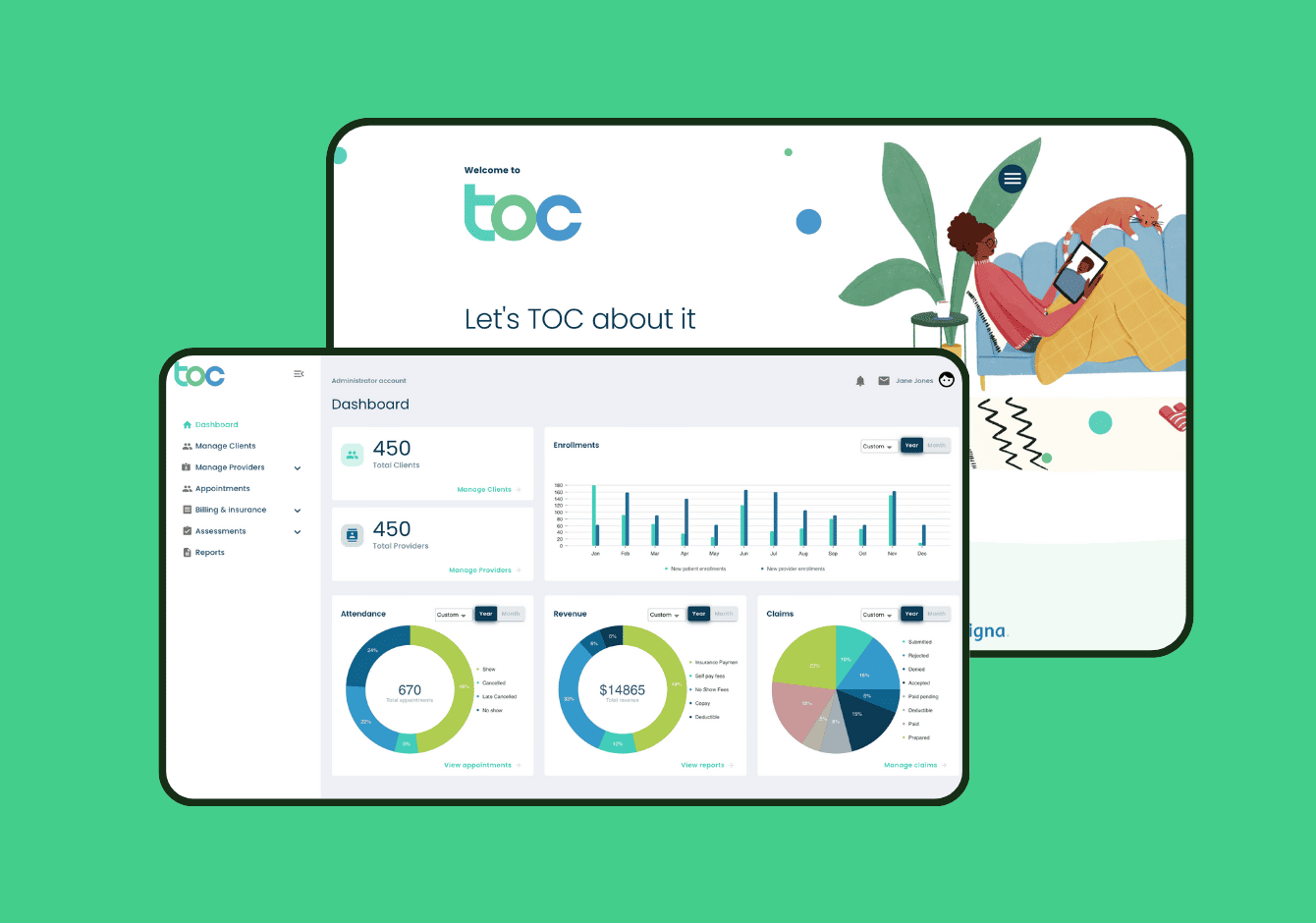I am most impressed with the high quality of design and development, which is really important to us. They have designed the product to be extensible, with a solid base and architectural backend to allow for product implementation and design scaling. Also, the product hasn’t been buggy at all, so we can support it without difficulty.
As an ongoing partner, they continue to dedicate a communicative, highly skilled team that meets deadlines and stays on budget.









